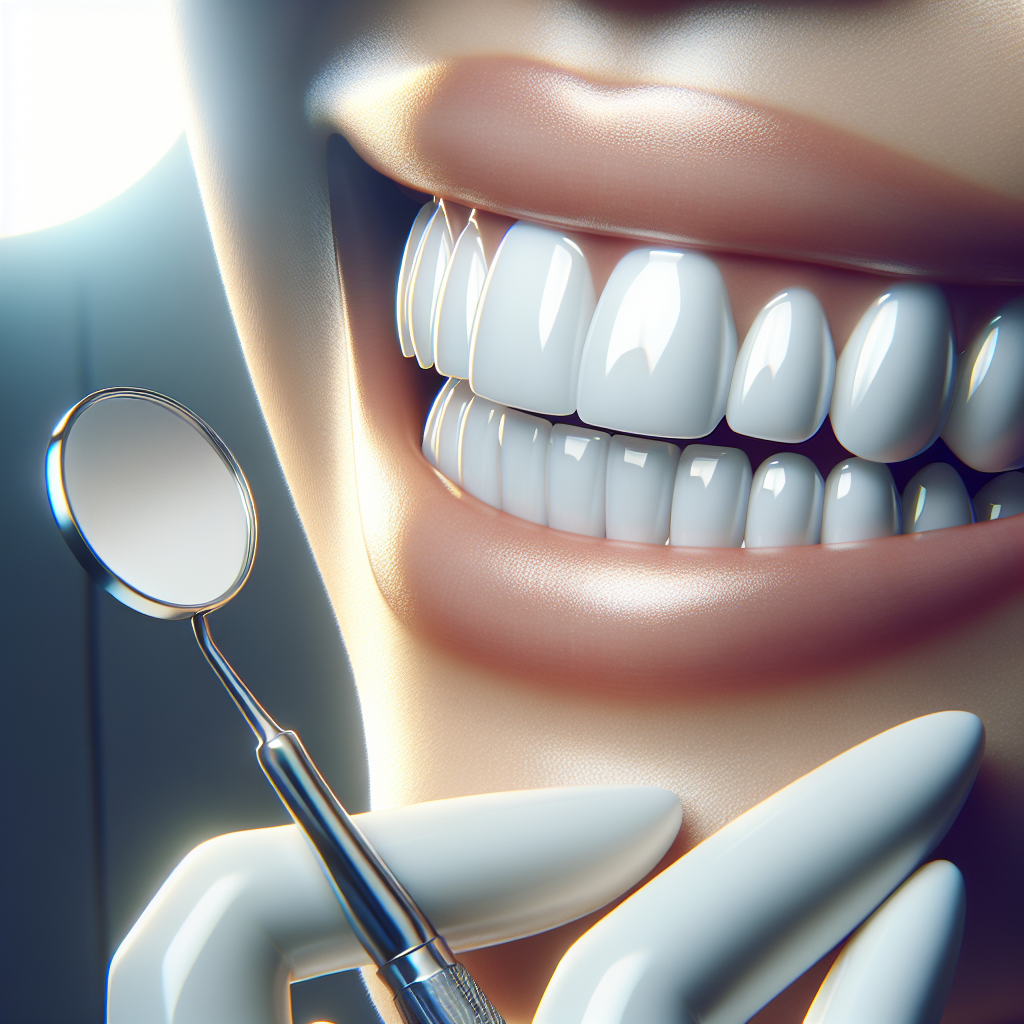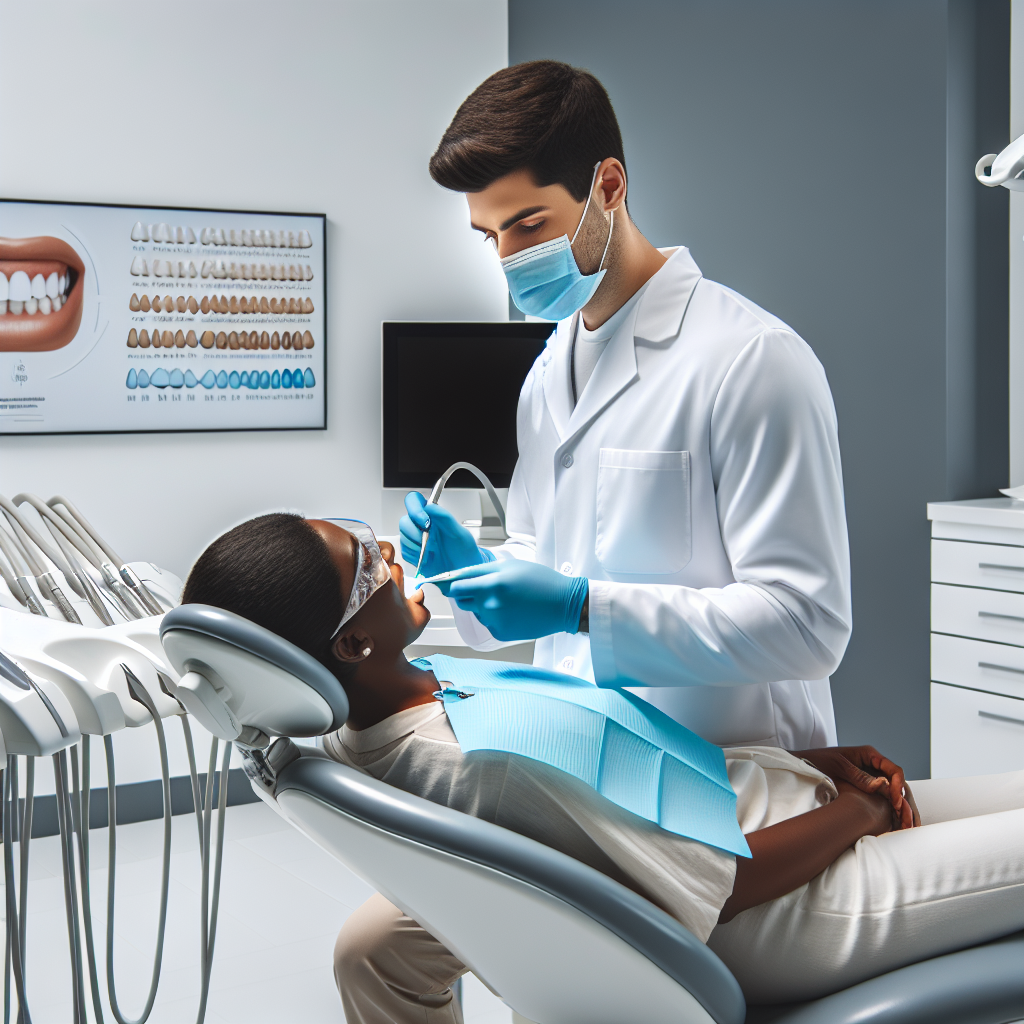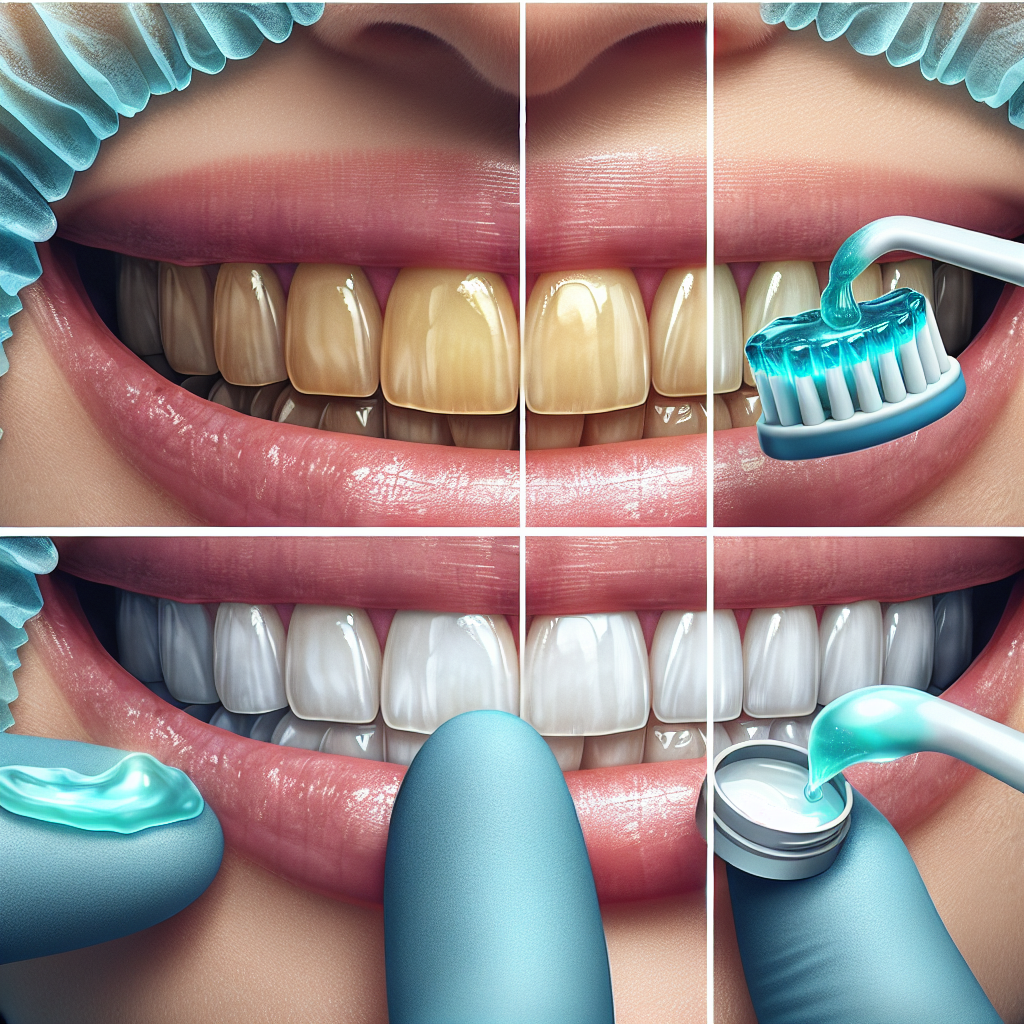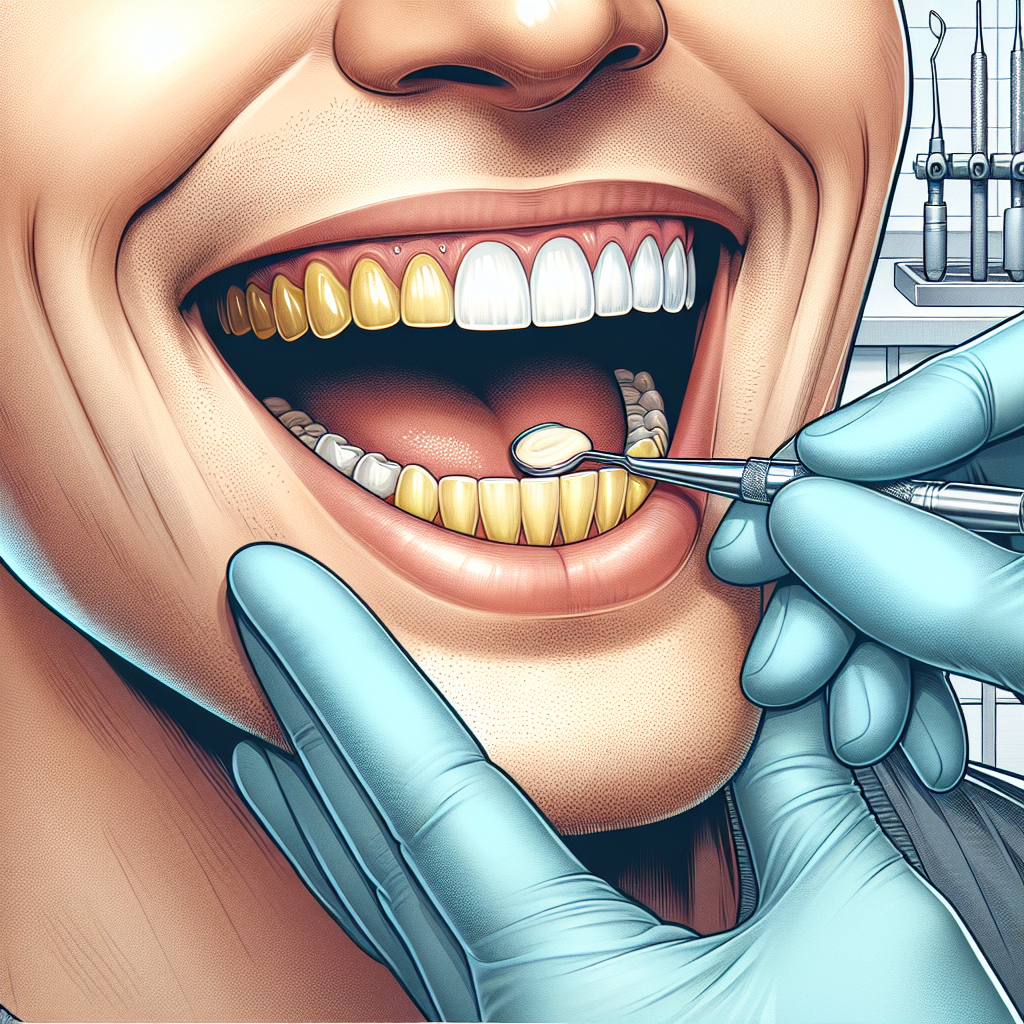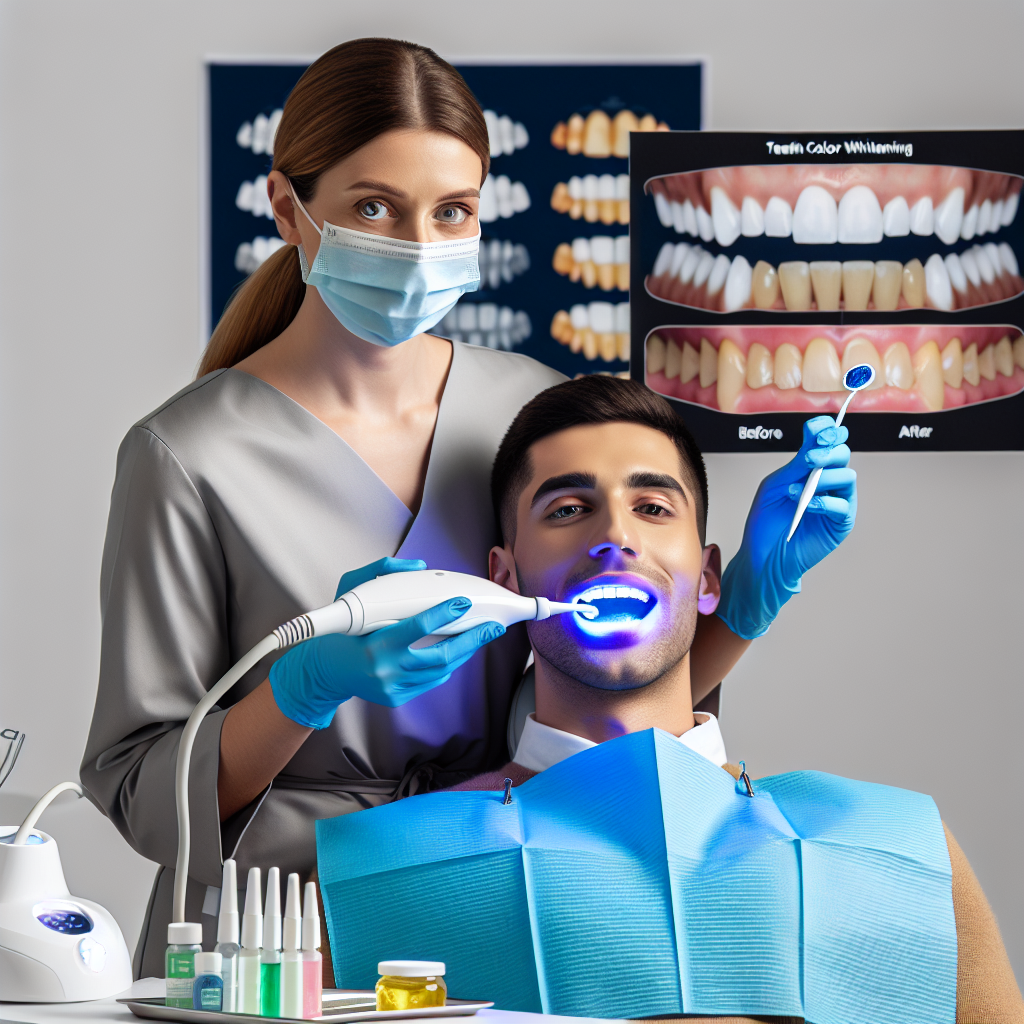The Ultimate Guide to Teeth Whitening: What It Is, How It Works, and What to Expect
Teeth whitening has become one of the most sought-after cosmetic dental treatments for people looking to improve their smiles. From boosting self-confidence to achieving that perfect aesthetic, teeth whitening offers numerous benefits. If you’re considering this procedure or simply want to understand more about it, this comprehensive guide will answer your questions about what teeth whitening is, how it works, and what effects you can expect.
What is Teeth Whitening?
Teeth whitening is a process that lightens the color of your teeth and helps to remove stains and discoloration. It is among the most popular cosmetic dental treatments because it can significantly improve how your teeth look. Teeth whitening is not a one-time procedure—it needs to be maintained over time for the best results. Various techniques are available, ranging from professional, in-office treatments to at-home products.
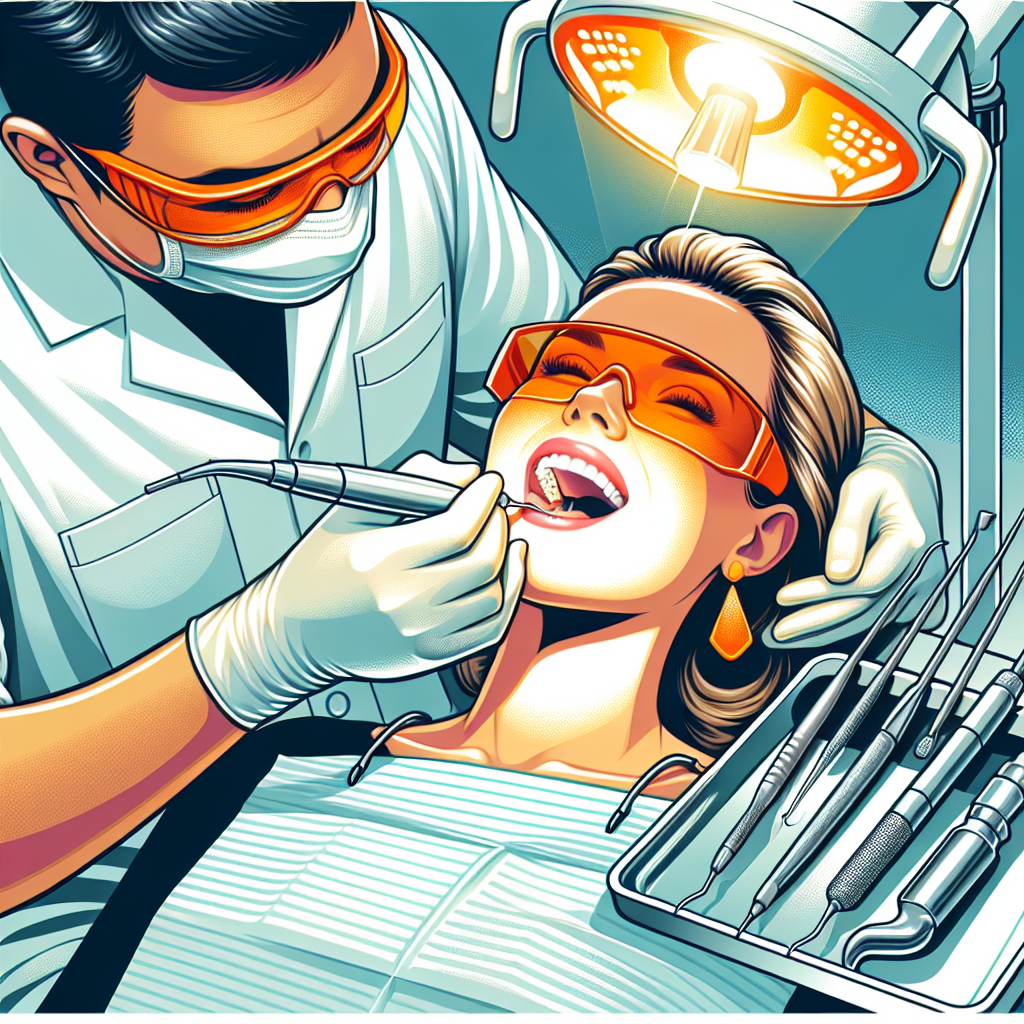
How Does Teeth Whitening Work?
Teeth whitening works through the application of bleaching agents to the surface of the teeth. These agents, typically hydrogen peroxide or carbamide peroxide, break down stains into smaller pieces, making the discoloration less concentrated and your teeth brighter. Here’s a breakdown of how different methods of teeth whitening work:
- In-Office Whitening: This is the most effective and fastest way to whiten teeth. Dentists use stronger concentrations of bleaching agents compared to over-the-counter products. The process often involves using a special light or laser to enhance the whitening process. You can expect your teeth to become several shades whiter in just one session.
- At-Home Whitening Kits: These kits, which may be provided by your dentist or purchased over-the-counter, typically contain a lower concentration of the active whitening ingredient. Custom-fitted trays or pre-made trays filled with whitening gel are used to ensure even coverage on the teeth.
- Whitening Toothpastes and Strips: While these products do not provide the same dramatic results as professional whitening, they can be effective for maintaining whitened teeth or removing minor surface stains. Whitening toothpastes use mild abrasives and low levels of bleaching agents, whereas whitening strips contain a thin layer of peroxide gel and can be applied directly to the teeth.
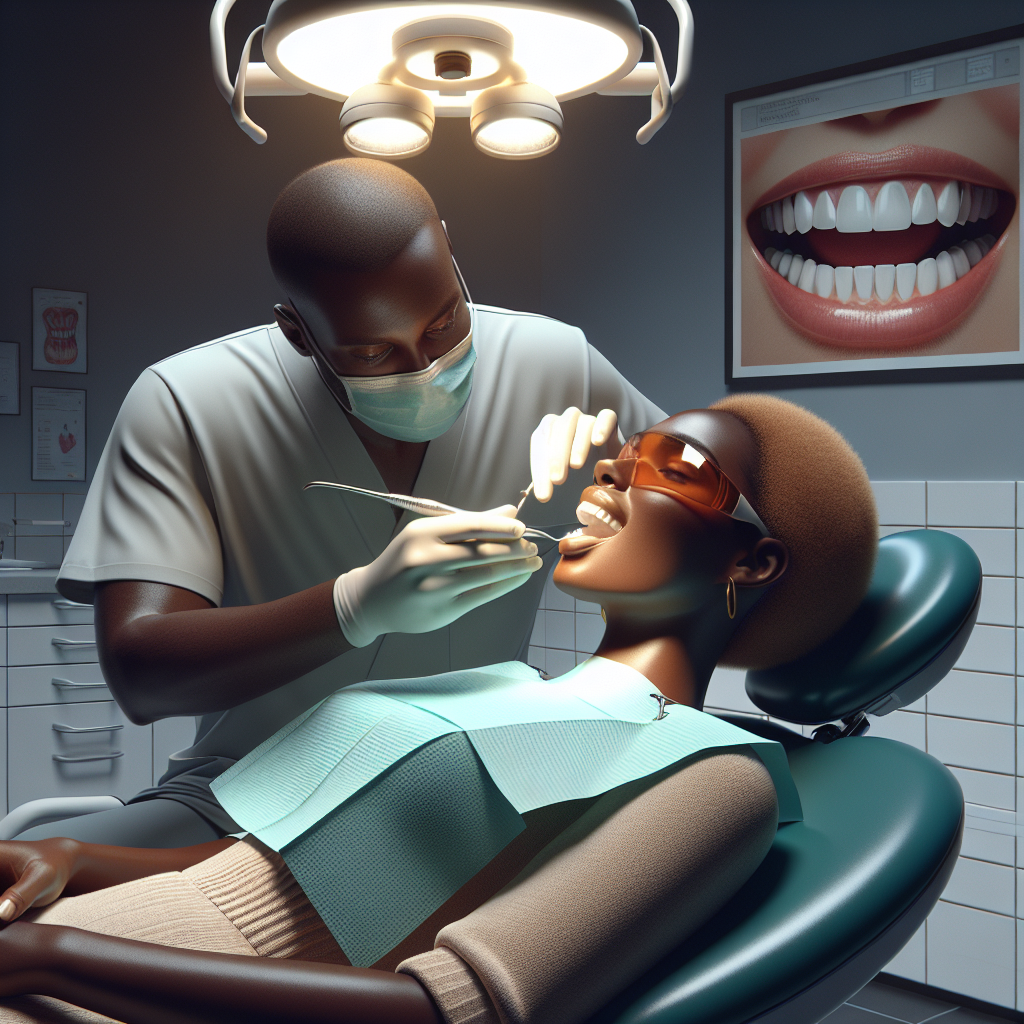
What Causes Tooth Discoloration?
Understanding the causes of tooth discoloration can help you maintain your bright smile for longer. Discoloration typically falls into two categories:
- Extrinsic Stains: These are surface stains caused by external factors such as drinking coffee, tea, red wine, or smoking. They can often be removed with regular dental cleanings and whitening treatments.
- Intrinsic Stains: These are deeper stains within the tooth enamel caused by factors like aging, certain medications, or excessive fluoride exposure. Whitening treatments, especially professional ones, are more effective at addressing intrinsic stains.

The Benefits of Teeth Whitening
- Enhanced Appearance: One of the most obvious benefits of teeth whitening is a brighter, more appealing smile. Whiter teeth can make you look younger and boost your overall appearance.
- Boosted Self-Confidence: A whiter smile can significantly boost your self-esteem, making social interactions more comfortable.
- Simple and Non-Invasive: Teeth whitening is a non-invasive way to improve your smile compared to other cosmetic dental procedures like veneers.
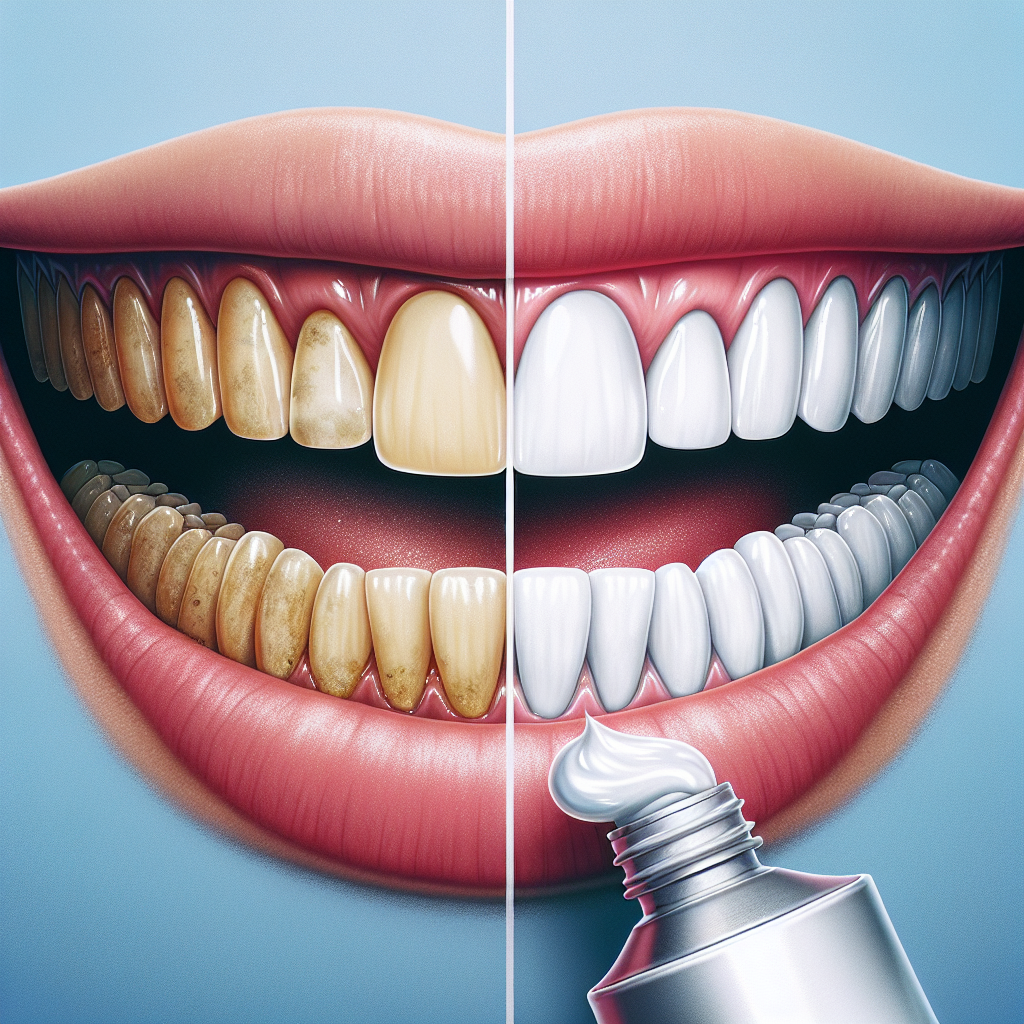
The Teeth Whitening Process: What to Expect
If you choose to undergo professional teeth whitening, here’s what you can expect during the process:
- Initial Consultation: Your dentist will evaluate the condition of your teeth and gums and discuss your whitening goals. This step ensures that teeth whitening is safe for you and that your expectations align with the potential results.
- Pre-Treatment Cleaning: A thorough cleaning is often done before the whitening treatment to remove plaque and tartar.
- Application of Whitening Agent: The dentist will apply the whitening gel and may use a light or laser to activate it. This process usually takes between 30 to 90 minutes, depending on the method used.
- Post-Treatment Sensitivity: Some people experience temporary sensitivity after whitening. This is normal and usually subsides within a few days. Your dentist may recommend specific toothpaste to help with any discomfort.
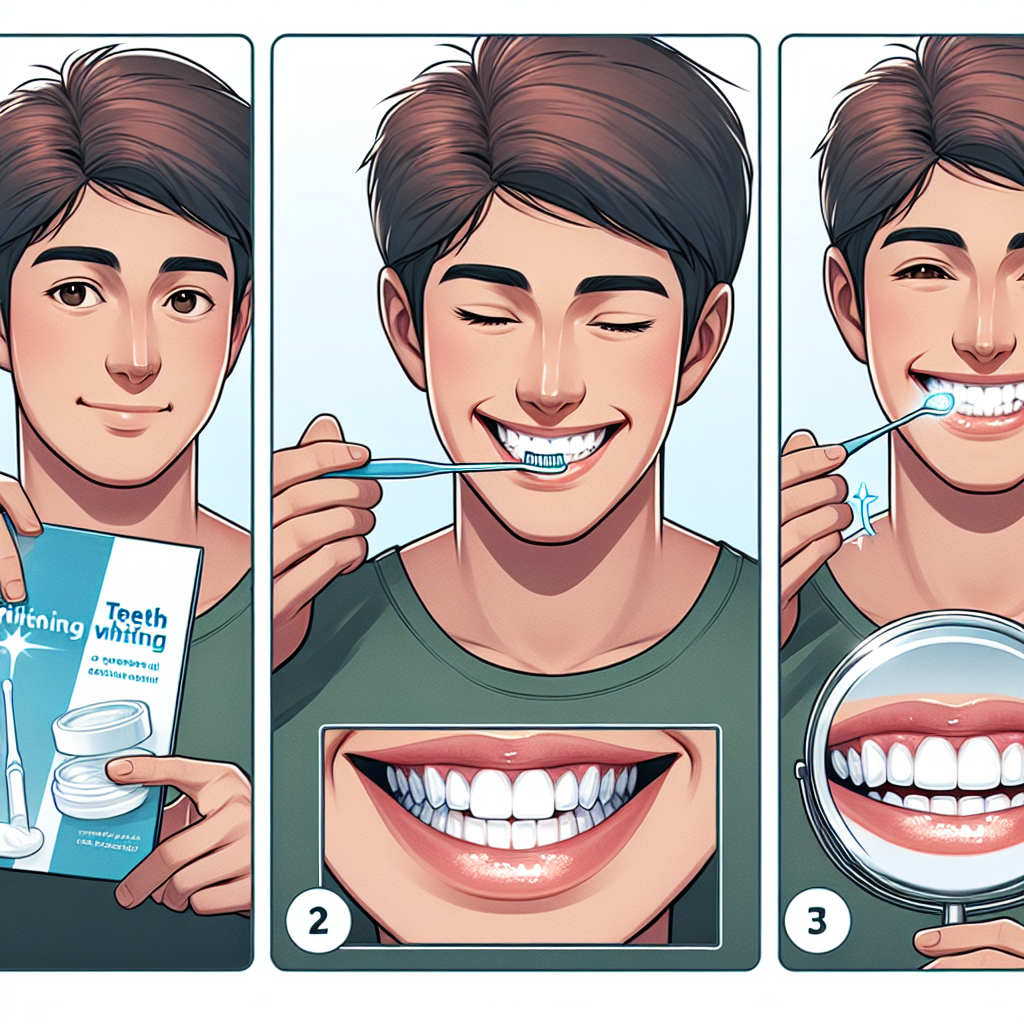
Side Effects and Considerations
While teeth whitening is generally safe, there are a few potential side effects to keep in mind:
- Tooth Sensitivity: Some individuals may experience increased sensitivity after whitening. Using toothpaste designed for sensitive teeth can help mitigate this issue.
- Gum Irritation: The bleaching agents might cause temporary gum irritation, especially if the product comes into contact with the gums during application.
- Not Suitable for Everyone: Teeth whitening is not effective on dental restorations such as crowns or veneers, and it may not be recommended for individuals with severe tooth decay or gum disease.
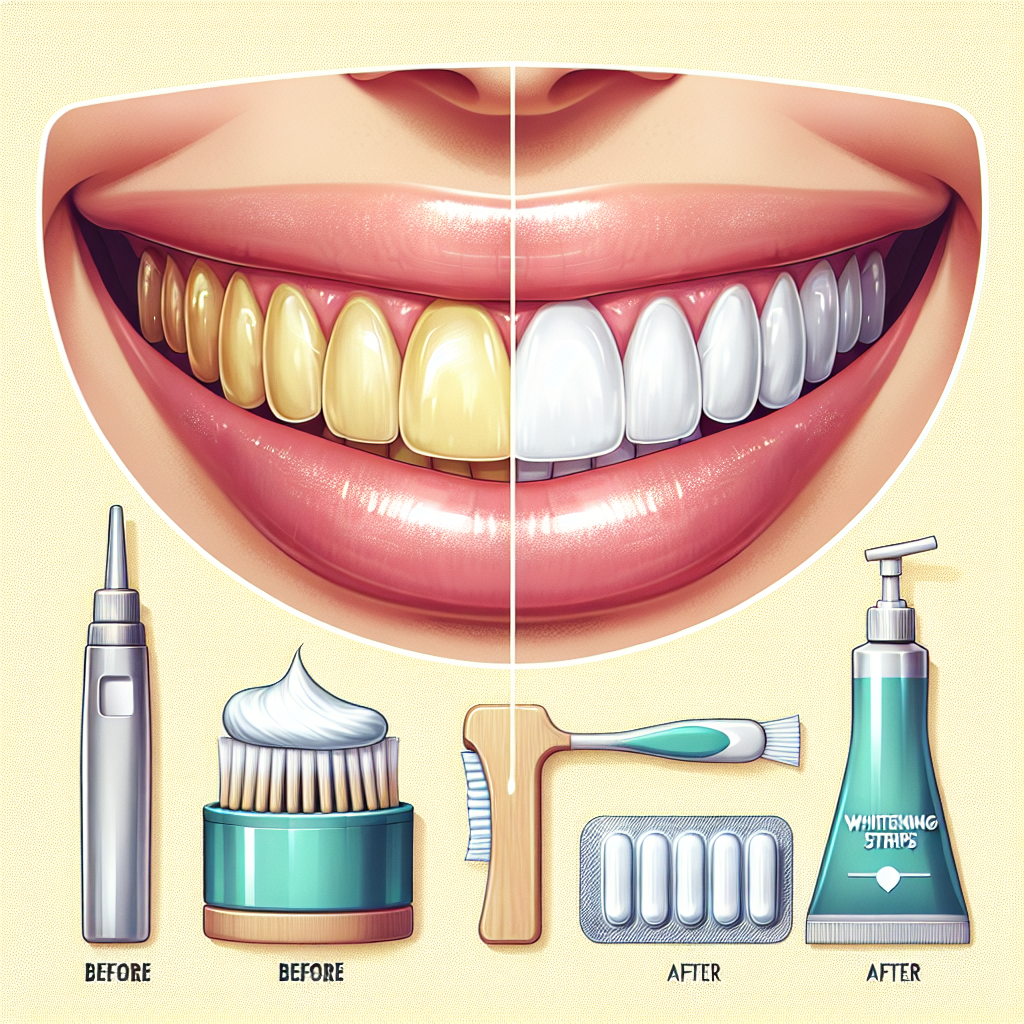
Maintaining Your Whitened Smile
To keep your smile bright after whitening, consider the following tips:
- Avoid Staining Foods and Drinks: Limit consumption of coffee, tea, red wine, and other dark-colored beverages. If you do indulge, try using a straw to minimize contact with your teeth.
- Practice Good Oral Hygiene: Brushing twice a day with fluoride toothpaste, flossing daily, and visiting your dentist regularly for cleanings can help maintain your results.
- Use Touch-Up Treatments: Depending on your method of whitening, touch-up treatments may be necessary every few months to a year.
Is Teeth Whitening Right for You?
Teeth whitening is suitable for most people, but it’s important to consult with your dentist to determine if it’s the best option for you. Individuals with severe tooth discoloration or specific dental conditions might need to explore alternative cosmetic treatments for optimal results.

Final Thoughts
Teeth whitening can be a life-changing procedure, giving you the confidence to show off your smile more freely. Whether you opt for professional treatment or at-home options, understanding how teeth whitening works and its potential effects ensures you’re well-prepared for a brighter smile. Always consult with your dentist to find the most effective and safe whitening method tailored to your needs.

